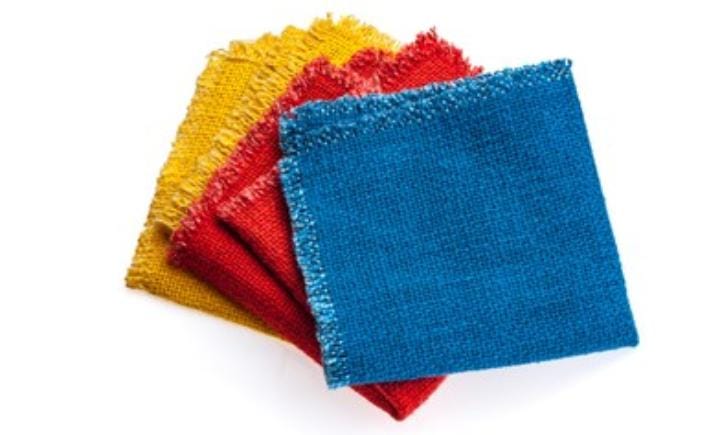A GNA Feature by Cate Aku Agbodza
Accra, Dec. 20, GNA – For the past four months, Khadija Damba, a headpotter, has been using cloth pieces she gathers from a seamstress to accomplish her monthly menstrual duty.
This is due to her inability to afford sanitary pads.
She makes barely 15 cedis a day from her backbreaking job and with the prices of all essential commodities skyrocketing amid family pressures, dedicating 18 cedis for sanitary pad every month is not a piece of cake, lanky Khadija, told the Ghana News Agency.
Ghana largely imports disposable sanitary products with a 20 per cent import tax, with the cost of sanitary pads seeing recent increases from an average GHS9 to GHS18 between September and October 2022, due to inflationary pressures.
A United Nations Educational, Scientific and Cultural Organisation (UNESCO) report estimates that one in 10 girls in sub-Saharan Africa misses school during their menstrual period, which is an equivalent of about 20 per cent of a given school year.
In Ghana, available data indicates that nine out of 10 girls regularly miss school during their periods, and between 44 to 54 per cent of schoolgirls in Northern Ghana use reusable pieces of cloth to collect menstrual blood due to lack of access and funds to buy a disposable sanitary pad.
Many young ladies, some as young as 12, migrate mainly from the Northern parts of the country to Accra to undertake tedious jobs, including carrying loads for people in the markets to be able to fend for themselves and their families back home.
Sharing her story with the GNA, Khadija says: “I use pieces of cloth anytime I am in my period because I do not have money to buy pads. The last time I used pads was when it was sold at GHS 7.00 and even that, not every month but once in a while because of its cost, I cannot spend the little money I have from my Kayaye business to buy pads while I am hungry.”
Khadija’s story is no different from many underprivileged young ladies who go through the monthly menstrual cycle and finds maintaining proper menstrual hygiene through the use of sanitary pads as a luxury.
Ramatu Salifu, who expresses worry about the hikes in the prices of sanitary pad says: “I wish I would menstruate once a year because the cost is unbearable.”
“I don’t feel comfortable using a piece of cloth but that is what I’ll be doing until I earn more money to be able to afford sanitary pads.”
Further interaction with some students in Accra on a random basis, shows that many young ladies have resorted to the old-fashioned way of keeping safe by using pieces of cloth during that time of the month – something that used to be popular in the days of old.
Some of them, on condition of anonymity, say they are compelled to skip class during the periods for fear they may stain themselves in class.

“I stay home during that period of the month because I cannot trust the cloth would offer me complete protection, but I have no option,” one of the students says.
In an interview with GNA, the Executive Director for Rights and Responsibilities, Madam Aba Oppong, says most girls and perhaps women, are suffering from period poverty, where girls and women do not have appropriate materials to use during their menstrual circles with health challenges because the materials are not clean for use.
“Sometimes, we are not sure how clean the cloth is and some other people have been reported to be using tissue paper, which when wet or soaked during menses can cause infections…”
Madam Aba urged the government to remove the 20% taxes on sanitary towels towards fighting period poverty.
She says if there is free senior high school, there should be free sanitary towels to make it complete because the law says every girl has the right to education and must not be inhibited by menstrual cycles.
“Some of these girls don’t go to school when in their menses because there is no water for them to wash their hands after changing their sanitary towels… So, this free ‘SHS’ business we are talking about, I think the girls should be given free sanitary towels to make it complete. ”
Perhaps, apart from the removal of taxes on imported sanitary pads, what Ghana needs now is local production of sanitary pads to make it affordable to lessen the burden on girls and young women.
Period poverty is a socio-economic and health issue needing the concerted efforts of everyone, including you, because menstrual hygiene impacts society positively.
GNA